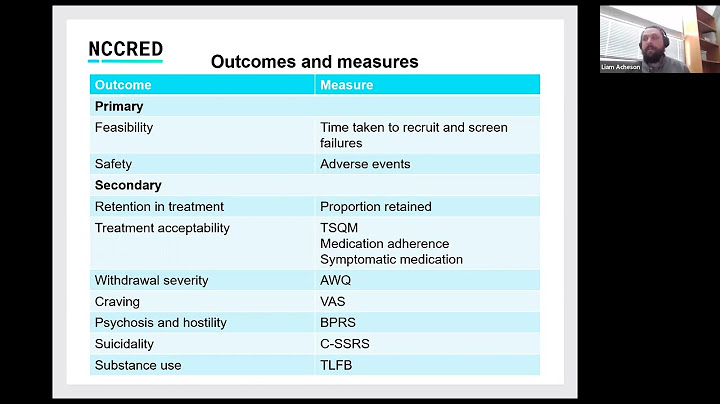During the interview you will be asked some difficult questions. These questions are designed to see how you will react under pressure and unfamiliar territory. However, by being familiar with the types of questions you may be asked and identifying examples of situations from your experiences where you have demonstrated behaviors or skills, and practicing responses to questions, you will give yourself the opportunity to answer these questions comfortably and
confidently. While we describe these interviews separately, your interview may be a combination of these interview types. Although behavioral interviewing (see section below) is being used more frequently, a traditional interview is still very common. The length is usually from a half hour to one and a half hours. You are usually asked many of the questions from the Common Interview Questions section and possibly a few behavioral questions related to the job.
After this interview, if you are being considered, you would be invited back for 1-2 more interviews. In a panel interview, you will be in the room with several people, usually three to five, but it could be as many as ten. Sometimes each person will ask you a series of questions, and other times a few people will ask questions while the rest listen. The purpose of having many people sit in on the interview is sometimes so several staff members can meet the candidates and also to keep the number of interviews a candidate has limited to one or two. The questions could be traditional, behavioral or a combination. Serial InterviewThis type of interview consists of a series of interviews on the same day. For example, if you are scheduled for an interview from 1-3:30, you may have 5 half-hour interviews with individual people. Each interviewer will most likely ask you different questions. Question types may vary. If your interview is during a mealtime, like 10-2, most likely, someone will take you to lunch. Do not let down your guard; this is still part of the interview. A “lunch interview” (see section below) is more common for upper-level positions or positions in which you would have frequent “lunch meetings” with clients/colleagues. Behavioral InterviewsBehavioral interviews are designed to provide the interviewer with information about how you think and behave in situations. Hiring managers are interested in your
method of thinking and going about doing a task as well as how you respond in difficult situations. An effective way to answer behavioral questions is the to provide the interviewer with four pieces of information known as the STAR Method: Situation, Task, Action, Results. This is really a type of question. Your whole interview could be made up of case interview questions, or you could be asked 1-2 case questions. You will be given a problem or scenario related to the industry and asked to solve it or describe the process in detail. The interviewer is not necessarily looking for the “right” answer, but wants to evaluate your problem solving skills. If you do not have adequate information to determine a solution, you may need to ask the interviewers questions. Case interviews are more commonly used by investment banks, consulting firms, technical positions, and for upper-level management positions. You may be asked to provide a detailed financial analysis, to plan an event or to develop a marketing campaign. Examples of Case Interview Questions:
Phone/Skype InterviewTo save the company time and money, many interviewers will schedule phone interviews as an initial screening of potential candidates. This may be an interview with a human resources representative or a hiring manager. Since this is typically your first interaction with the company, it is also their first impression or you.
Lunch InterviewJob interviewers take candidates to lunch to evaluate your business etiquette, communication and interpersonal skills, social skills and table manners. DO NOT let your guard down. This is no time to act like you would with your college buddies. This is still a part of your interview. Following are tips to help you while dining.
Which interviewing method occurs when an applicant is interviewed by a number of interviewers at once?A group interview is an interview technique in which several candidates are interviewed simultaneously for similar positions. To be successful, group interviews must be well planned and executed.
What type of interview occurs when several people are interviewing one candidate at the same time?What is a panel interview? A panel interview is a meeting format with several interviewers and one candidate. Panel interviews are typically used to get in-depth information about the candidate from several different perspectives for an important or competitive role.
Which interview method is used to compare many candidates at once?5. Group Interviews. As the name indicates, this type of job interview means multiple candidates are being interviewed at the same time and is often used if the company is hiring for more than one position.
What are the 4 types of interview?4 different types of interviews - and how you should be tackling.... 1) The phone call. Hiring managers will often suggest a phone call as a first stage interview. ... . 2) The panel interview. ... . 3) The competency test. ... . 4) The virtual assessment centre. ... . Prepare for your future with Travis Perkins.. |

zusammenhängende Posts
Werbung
NEUESTEN NACHRICHTEN
Werbung
Populer
Werbung

Urheberrechte © © 2024 ketiadaan Inc.


















